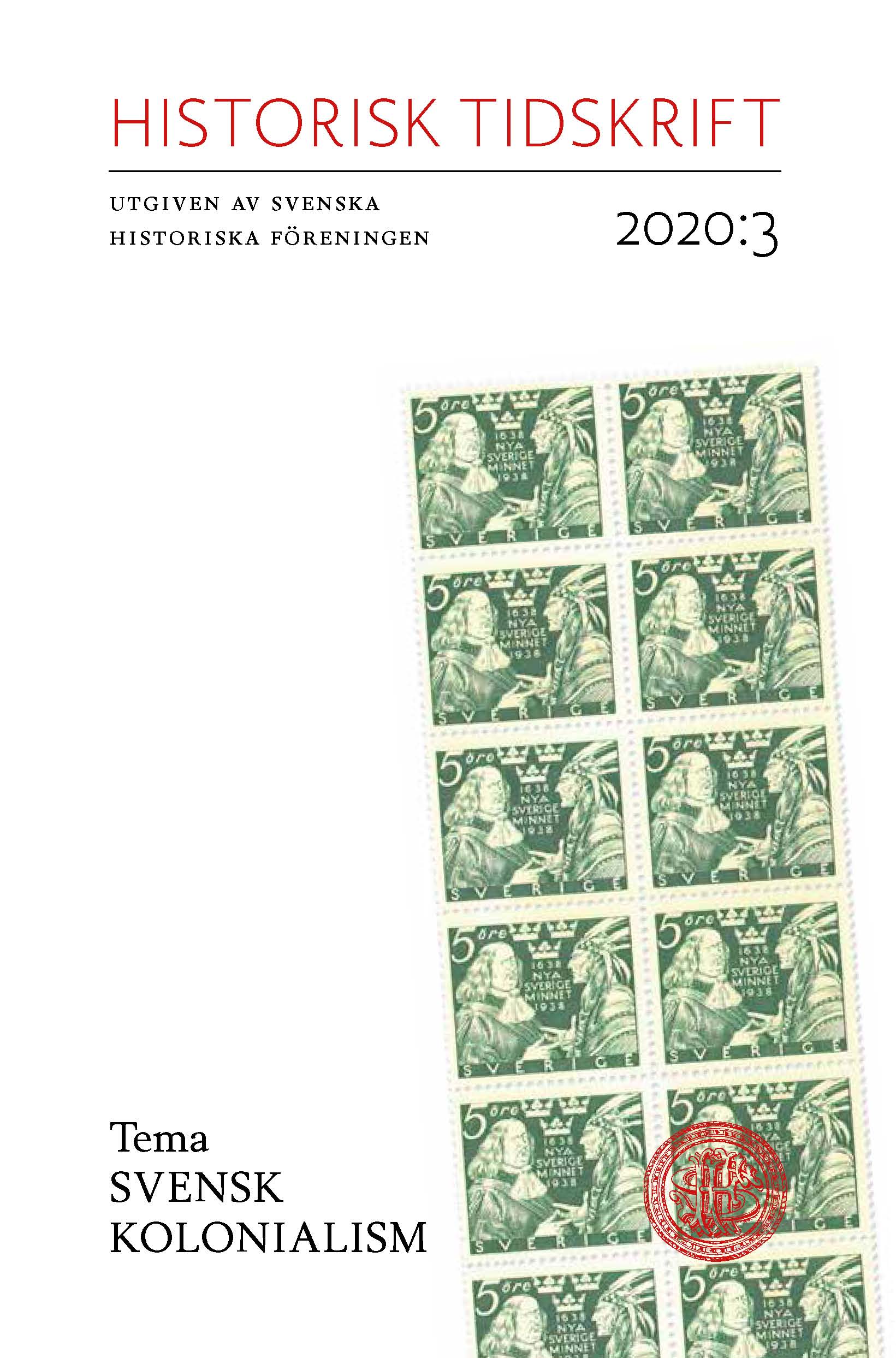Abstract
From Lappmark Statutes to Company Towns: Swedish Settler Colonialism towards Sápmi
This essay analyzes Swedish policy towards the Sámi in relation to settler colonialism, employing a theoretical framework that articulates invasion not as a single event but rather functioning as a structure in a certain area towards its inhabitants. The policies and practices of the state and both regional and local authorities regarding Sámi issues follow settler colonial principles in striving to secure the territory by several means, eliminating Indigenous peoples as well as Indigenous self-determination. This is analyzed and discussed through diverse examples of Swedish policies and their impacts, including demarcation, forced dislocation, categorization and elimination in colonial archives, “authenticity”-making, and appropriation of Indigenous culture and rights. In the end, centuries of settler colonial policies and practices have created a complex fabric of actors, each carrying their different personal burdens and responsibilities. A concluding discussion articulates the necessity of decolonization and reconciliation on equal terms stemming from an intertwined settler colonial history.

